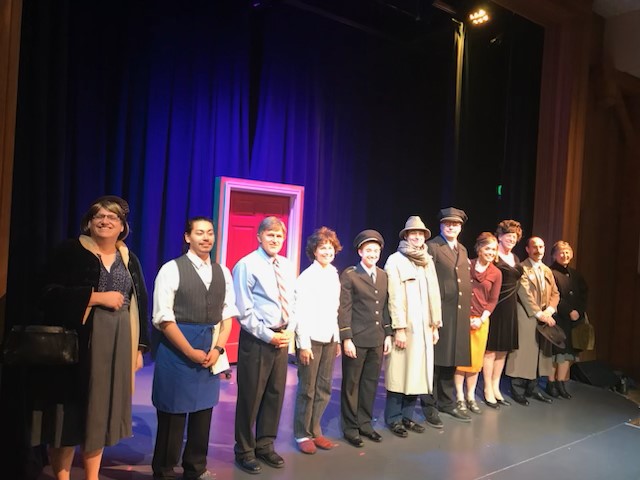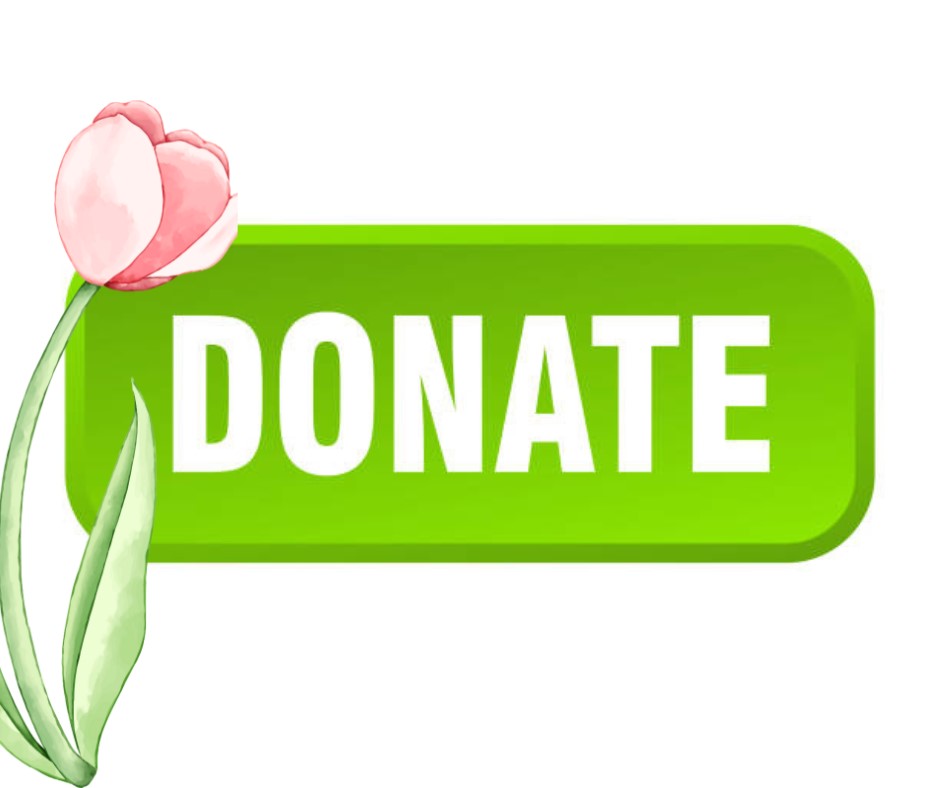
Wrangell’s Nolan Center will host Blue Ticket on Monday. It’s a film of a play with the same name that KTOO documented back in 2019. The play’s author, Maureen Longworth, documented how gay men in Juneau were exiled from the city in the 1960s. KSTK’s Colette Czarnecki spoke with Longworth about that time and the process of making the story.
The play and film has won awards since it was produced in 2019. One award is the Marie Darlin Prize from the Juneau-Douglas City Museum, Blue Ticket will be shown in the Nolan Center at 6:30 on April 15.
The film is available to watch here.
This conversation has been edited for brevity and clarity.
They estimated about 100 guys were taken away from Juneau. And, you know, they were vibrant people in the community, everything from teachers, hairdressers, retail, sales.
People who were outed or suspected even if they weren’t living a gay lifestyle.
They complied. When the police came to their door and took them to the ferry, told them to pack a suitcase. They’re leaving.
Some people never knew what was going on. Even gay people. Some people knew very well what was going on. And, they had friends who disappeared.
One of the elders in the pool in the sauna in Juneau said he had totally forgotten this but after he heard about Blue Ticket, the play, he has this memory of being on the public bus going up Main Street in Juneau and seeing a crowd and the police surrounding the barber where he got his hair cut. And he said to his dad, ‘what’s going on?’ and his dad said, ‘oh, they’re sending the queers away, son.’
Your stories are based off of real life stories.
I’m a writer who really believes in bringing humor in. And so I, there’s lots of laughter scenes in the film. And I also love romance. So the whole thing is centered around a romance.
The genre I would call it is historical fiction. I just took all those stories, and developed characters to be the voice of their story, and to act out their story. The romance is fictional. It’s all fictional. But it’s all based on true stories.
It’s a lot about disappearing. And the stories of how they were disappeared and what they did before they disappeared. That’s sort of the perspective of the stories that I have.
How did you find all of these stories?
It was my whole life. It started the day I came to Juneau on Thanksgiving weekend 1992. I came for a job interview. And I first interviewed in Ketchikan and because I came with my wife, it was very radical that I wasn’t hiding that from, you know, it was important that we together find a community we could live in. One of the nurses at the clinic was told that I was there with a wife. She called a nurse in Juneau, who had a wife so that they would take us out to lunch.
We were at just this little lunch place getting sandwiches, and I said something about gay and they said, ‘Oh, don’t say that.’ They looked all around the restaurant really nervous. I mean, not the restaurant, it was just a little shop. They told us that gay men had been sent away in the 60s. And right then I just decided I just started asking people about it.
Did you talk with anybody who was sent away?
I was only able to speak to someone who’s still alive. But his partner was sent away. It was a teacher at the high school that the students voted him their favorite teacher every year.
Lots of the people that were accessible to me to interview, were in high school at the time in the 60s. And so they all had him as a teacher and just loved him. And not everyone knew that he was sent away.
At our opening night, a group of people in the intermission were standing in the lobby, and came up to me and said, ‘who was the teacher?’ And they actually gave me a name and said, ‘was it that person?’ And I said, ‘Yeah, that’s who it was.’ And do you know, the whole group started weeping.
It was in the ’60s. There definitely wasn’t technology. It wasn’t easy to keep in contact with people.
It was impossible, in fact, and not only that, because I wrote it in 2014. A lot of them would be very old, much older. And they’ve also survived AIDS. You know, it’s like AIDS was down the pike in the 80s and 90s and to this day, right?
There’s no way for me to find them, basically. So that’s my other motivation to get the play and movie out in the world.
Did you get any police records from back then? Do you know if they exist on the disappearance of gay men?
One of the people who I interviewed was a parole officer and she said every morning they gathered for a meeting and they would tell the names of the new people that were suspected homosexuals, and then they would decide who they were going to go take that night.
What was it like for you to hear about all these stories in Juneau?
Very moving, which made it hard to write all the scenes, because that means still, when I see some of the scenes, I’m just like, ugh. I just can’t stand it that this happened in my lifetime.
How do these stories from the ’60s transfer to now?
I worked at the SEARHC clinic in Juneau, from 93 on, I did take the job and come back. And I started working, I came up February 1 of 1993. I would have patients tell me in the exam room, I mean, I’ve had kids wake up from suicide attempts, and say, don’t tell their family, but they’re gay, and they’d rather be dead. Because they can’t tell their family, their family won’t accept them. And that still happens.
People would just assume that someone is straight and I think that happens a lot.
What inspired you to write this play?
I guess I felt like I had a treasure chest, I was sitting on with all these stories.
I started writing scripts when I was a kid. I have a reaction to political change by writing about it.
Has the film been viewed elsewhere?
Yes, I showed it at a lesbian doctor conference in August that invited me to show it. I’ve submitted it to some film contests and it’s actually won some awards. I don’t have an agent and let’s face it, I live up here remotely in Alaska, and getting it out there is tricky.
Is there anything else you’d like to add about Blue Ticket?
I’m so grateful that Wrangell is doing this as sort of an educational piece for the whole community.
It’s just so important that we all step up and be extra welcoming, because these are hard times for LGBTQ people.












